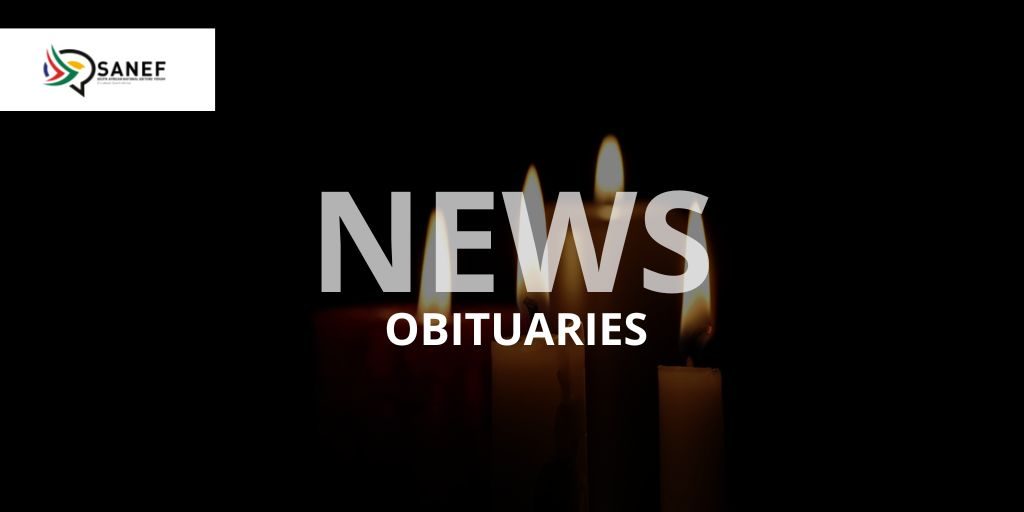Are Multimedia Platforms Fueling Restrictive Media Laws?
The explosion of the multimedia sector is attracting restrictive media laws that have been the bane of print media for many years, warned Jovial Rantao, chairperson of The African Editors Forum.
You can access Jovial Rantao’s speech here
He told members of the forum at the opening of the Freedom of Expression Festival held between 3rd and 4th December 2019 in Maseru Lesotho that due to the new technology developments, some countries have become the enemies of the people and the media. They include countries that were at the forefront of the liberation in this continent.
While the advent of new media and the much-talked-about fourth industrial revolution has brought about significant and exciting changes on the African continent, it has also changed the way the media is consumed and produced.
Rantao said: “Journalists are still being arrested for writing stories that the government do not like. Bloggers and others who use powerful social media face the same fate. Newspapers are often ordered to stop operations if, again, the powers that do not like its content.”
“The story of an African journalist being detained, tortured and held for months, some running into years, is common in Uganda, Sudan, Zambia, Cameroon, Egypt and even in Tanzania.”
“I am saying ‘even’ in Tanzania because when President John Magufuli arrived, everyone thought that he belonged to a new breed of African leaders. The breed that has embraced democracy, good governance with media freedom and independence at the core. However, the repression of the media in Tanzania has shown us otherwise,” he added.
He said that The Africa Editors Forum (TAEF) is as concerned about the conduct of the government of Kenya against the media, as it still is about the situation in Sudan and Burundi. The two countries have proved to be the most dangerous places to be a journalist, he said.
“The problem here is a plethora of laws that are inimical to media freedom. These laws were identified by the world publishers and editors who gathered in Cape Town in 2003 and adopted the Table Mountain Declaration. The declaration, in the main, called for the scrapping of, amongst others, insult laws from statuette books across the continent,” Rantao said.
Also addressing the meeting, Lydia Gachungi, Regional Adviser on Freedom of Expression and Safety of Journalists to UNESCO Liaison Office to AU in Ethiopia, said the governments in this continent as well as ordinary citizens in individual countries needed to be concerned about the attacks on journalists in public and social media platforms.
She said that the promotion of the safety of journalists and combatting impunity for those who attack them were central elements within UNESCO’s support for press freedom on all media platforms. Part of the reason why the UN was so concerned was that 1010 journalists were killed globally in the last 12 years.
“Impunity for these crimes remains a key challenge. Out of the 1010 killings recorded by UNESCO in the last 12 years, only 115 were followed by a judicial procedure that led to the conviction of one or multiple perpetrators. A rise in the percentage of women journalists among those killed in 2017 (14%) marks the continuation of a trend that has become apparent over the last years.”
“Impunity for crimes against the media fuels and perpetuates the cycle of violence, and the resulting self-censorship deprives society of information and further affects press freedom,” she said.
She said digitally mediated attacks were not only on digital infrastructure or Internet connectivity, but they include online-mediated harassment which sought to cause psychological harm. Put together with physical violence and the killings, furthermore these horrid actions were meant to intimidate all journalists in a country, Gachungi said.



